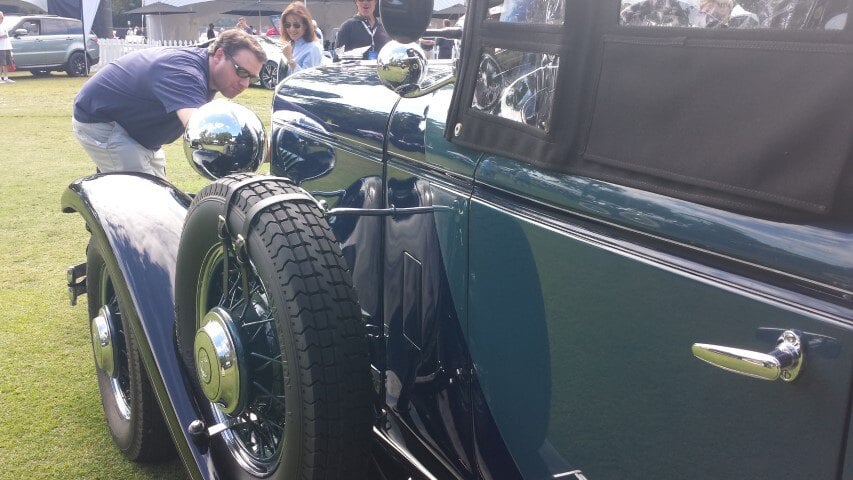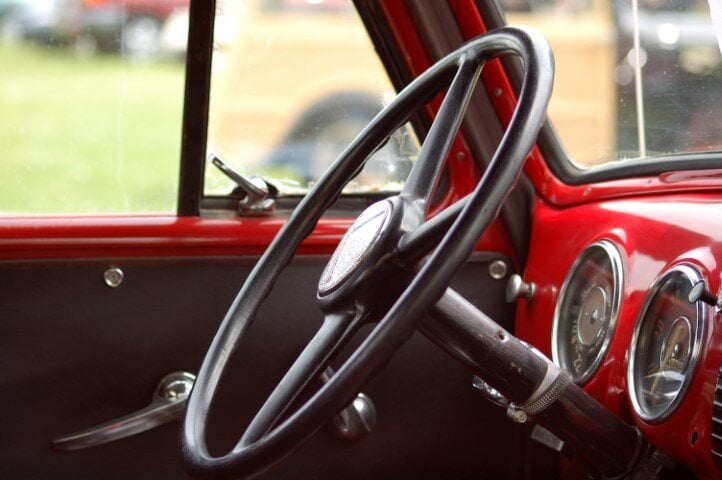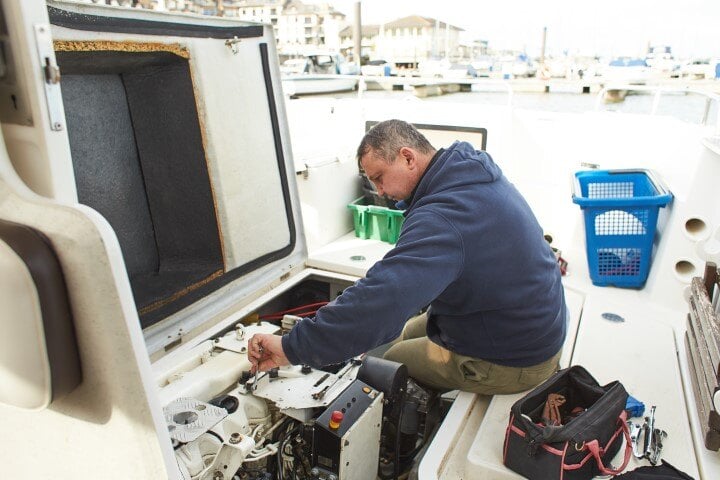Fuel Problems Most Classic Car Owners Face
Classic car owners love their vintage cars. Most owners know their engines inside and out - fuel tank, fuel line, carburetor, spark plugs, ignition.
2 min read
Bell Performance : Feb 28 2014

If you loved one machine, it would be your classic car.
Unfortunately, running vintage cars on contemporary gasoline containing ethanol can create problems for classic car owners. Most of these cars run best on pure gasoline, not gasoline treated with ethanol.
Thanks to regulations from the federal government and the economics of the farming and fuel industries, finding pure 100 percent gasoline is nearly impossible.
Lots of documentation exists about damage to all kinds of engines running on E10 gas. The United States Environmental Protection Agency also allows the sale of E85 fuel to join E10 at the pumps. As bad as E10 is for today’s cars, ethanol fuel problems are worse for collector cars.
Fortunately, there are ways to keep classic cars safe from the danger of ethanol gasoline.
Following these steps adds to your short-term costs but will protect your car from problems associated with E10 fuel.
Photo Credit / Creative Commons / No Changes Made
Classic car owners love their vintage cars. Most owners know their engines inside and out - fuel tank, fuel line, carburetor, spark plugs, ignition.

The immediate effect that ethanol gasoline is going to have is fuel filter plugging because of ethanol’s solvency. In this case, we’re talking about...

In a perfect world, boat owners would get gas for their marine engines that does not contain ethanol. But the world is not perfect and finding gas...